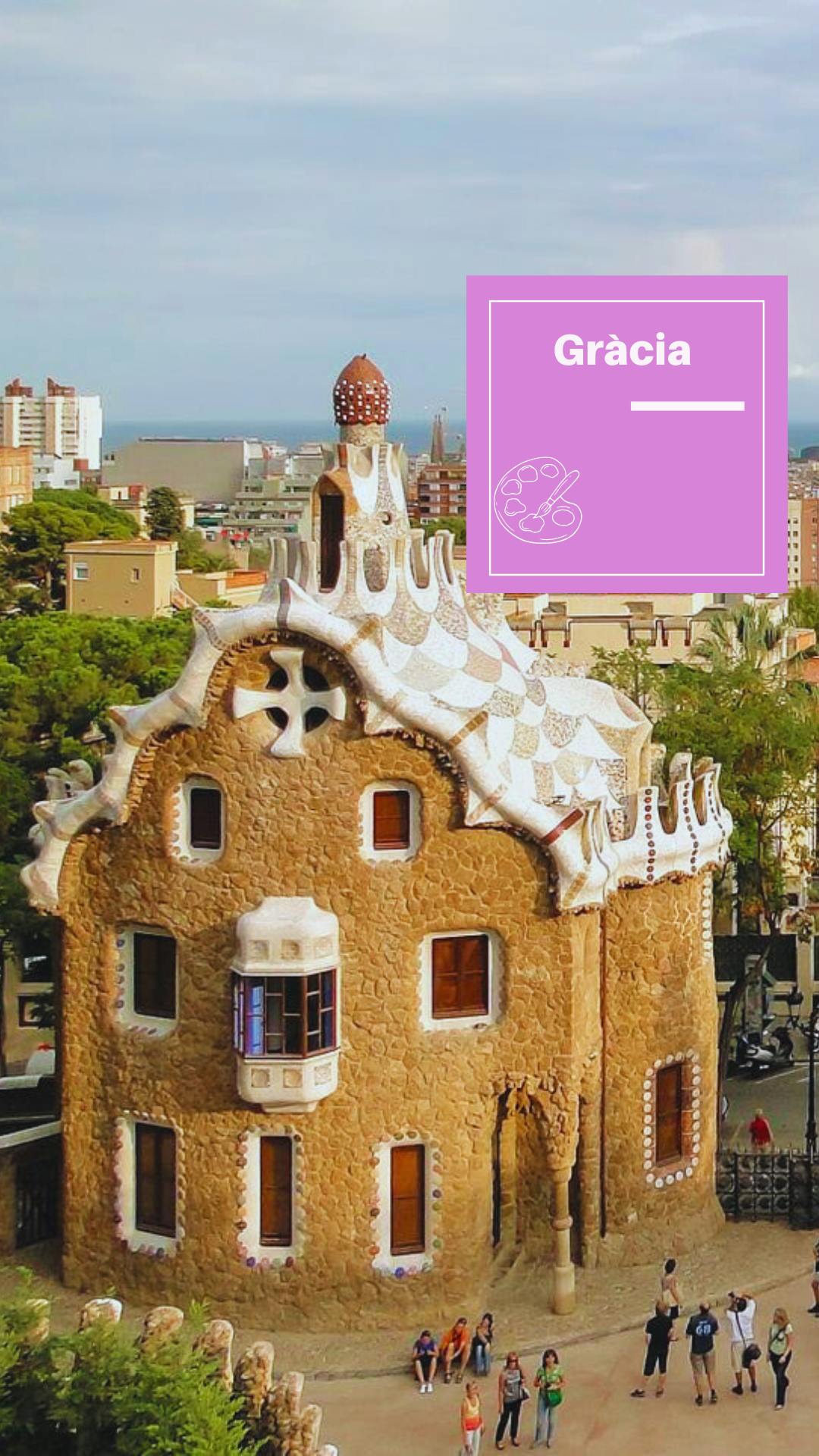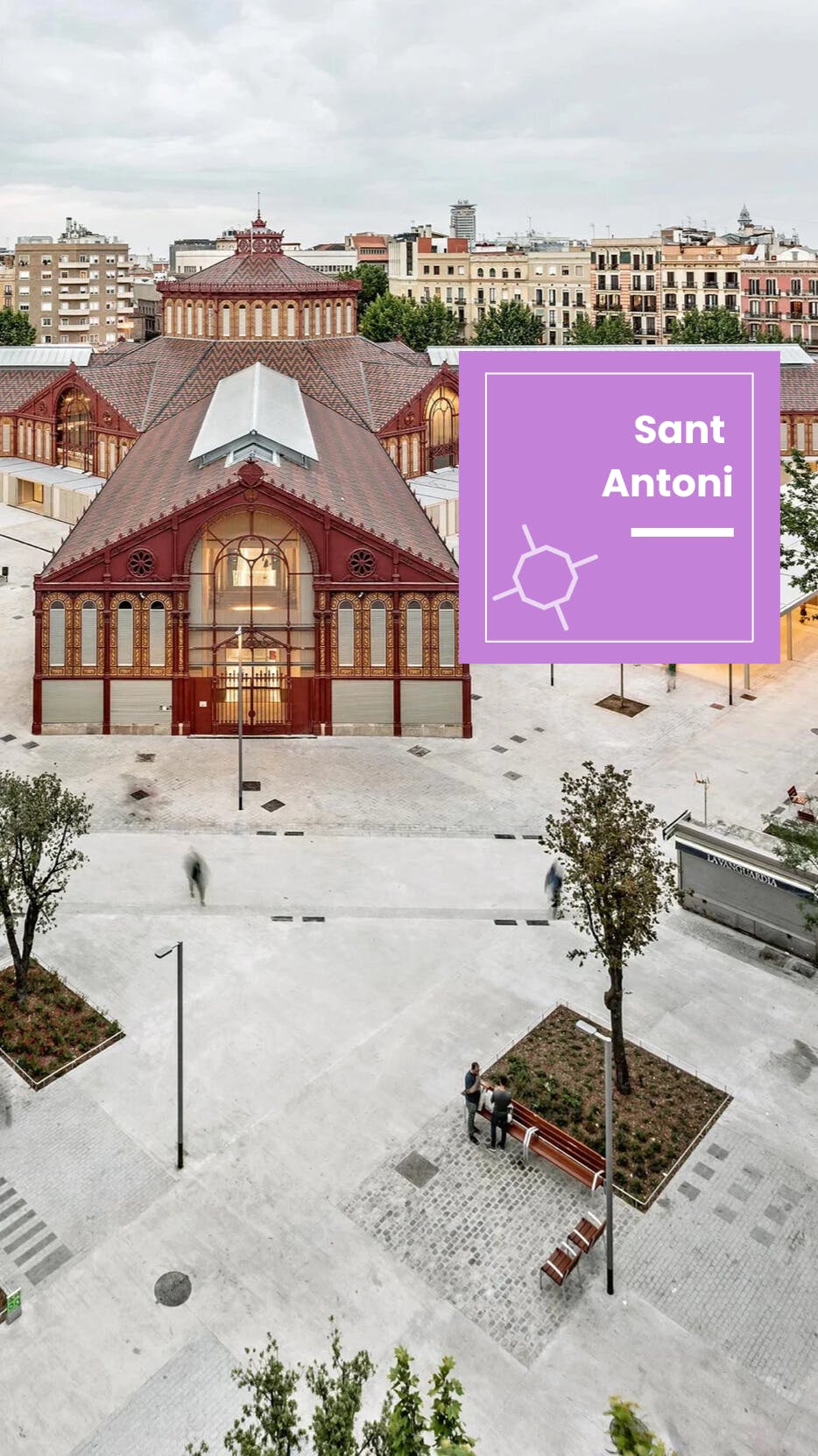A Guide to Fees and Taxes for House Buyers in Catalonia
Aspiring house buyers in Catalonia should be well-informed about the fees and taxes involved in the property purchase process. The Property Transfer Tax (ITP) applies to second-hand properties, while the Value Added Tax (IVA) is applicable to newly constructed or extensively renovated properties. Notary and registry fees, along with legal and administrative expenses, are crucial components of the overall cost. Additionally, buyers should be aware of the potential Stamp Duty for mortgage-related documents.

Purchasing a house is a significant milestone, but it comes with its fair share of financial responsibilities, particularly in terms of fees and taxes. Potential house buyers must be well-informed about the various charges they will incur during the home buying process. In MySpot Barcelona we work closely with external legal and financial experts who are specialized in the real estate sector as well as independent mortgage brokers who give you a in depth analysis of your financial situation and options. Each of those “gestors” collaborates with a wide range of banks from whom they tend to get better mortgage rates than an individual buyer and can give you a healthy overview of your financial options and costs.
Spanish property taxes vary depending on whether you are buying a new home or a resale property. New refers to a property that has never changed hands before – in this case; it is usually sold directly by the developer. Resale refers to homes that have been sold at least once before. This includes new properties that were bought by banks or taken on by them in case of default on mortgage payments, for example.
1. Property Transfer Tax (ITP):
When buying a second-hand property in Barcelona, buyers are required to pay the Property Transfer Tax (Impuesto de Transmisiones Patrimoniales or ITP). This tax is calculated based on the property's purchase price and follows a sliding scale. The ITP rates can range in general from 5% to 11% of the property's value, with lower percentages applied to less expensive properties and higher percentages for pricier ones.
2. Value Added Tax (IVA):
For newly constructed properties or those being sold for the first time after significant renovations, buyers will encounter the Value Added Tax (Impuesto sobre el Valor Añadido or IVA). Unlike the ITP, which is specific to second-hand properties, the VAT applies to new constructions and is set at a standard rate around 10% of the property's purchase price.
3. Notary and Registry Fees:
Formalizing the property transfer requires a notarial deed, and buyers are responsible for paying the associated notary fees. These fees are determined based on the property's value, the complexity of the transaction, and the notary's tariff. As orientation, factor in between 0.5% and 1% of the price but consult a tax advisor as that % might vary from year to year.
4. Land Registry fees
The Land Registry (Registro de la Propiedad) officially records the ownership of the property in your name once the purchase has been completed. For this, fees are charged depending on the purchase price and whether a mortgage is involved. As of 2024 the fees can range between 0.5% and 1% but those subject to yearly revision.
5. Legal Fees:
Its strongly advised to engage a lawyer's services during the property purchase process. Expect to pay around 1% of the price for legal services, more if the purchase involves complex negotiations or legalities. At MySpot we work with an excellent law firm and are happy to help you out.
6. Stamp Duty:
While not applicable throughout Spain, some regions, including Catalonia, may impose a Stamp Duty (Impuesto de Actos Jurídicos Documentados or AJD). This tax is typically levied on certain documents involved in the property transaction, such as the mortgage deed, and the rate can vary.
As a rough estimate a property buyer in Catalonia should have at least 32% of the selling price available in own resources, if they require mortgage for the purchase: approx. 20% as a self share for mortgages, approx 10% ITP or VAT and approx 2% notary and registry fees. The real estate agency fee is paid exclusively by the seller.
To navigate the house buying process successfully reach out for guidance from MySpot Barcelona, your trusted boutique real estate agency in the heart of the city. We will ensure our buyers make informed decisions and enjoy the journey of acquiring their dream home.
****
Disclaimer: The percentages and numerical information mentioned in the article are merely informative and orientate information and there is no guarantee that they are accurate or up-to-date, as the applicable legal and tax regulations are subject to constant changes and vary depending on the personal situation of each individual. For current and exact information, please contact your tax advisor. We are happy to put you in touch with a local advisor in Spain.
Articles

What Is the Beckham Law in Spain and How It Affects Buying Property in Barcelona
Barcelona attracts international professionals for its lifestyle and business opportunities. The Beckham Law is a key factor, influencing not only taxes but also housing and property decisions when relocating to Spain.

A Guide to Fees and Taxes for House Buyers in Catalonia
Aspiring house buyers in Catalonia should be well-informed about the fees and taxes involved in the property purchase process. The Property Transfer Tax (ITP) applies to second-hand properties, while the Value Added Tax (IVA) is applicable to newly constructed or extensively renovated properties. Notary and registry fees, along with legal and administrative expenses, are crucial components of the overall cost. Additionally, buyers should be aware of the potential Stamp Duty for mortgage-related documents.

Good reasons for buying property in Catalonia and Barcelona
People have many reasons to stay in Barcelona and Catalonia. Here are some of them.

The importance of an exclusive contract
Why is a sole representation contract important, for the agency and for the owner? A sole representation (exclusive) sales contract is highly requested by agencies, but often rejected and misunderstood by owners. We explain why this approach is crucial for a successful sales process and what benefits it holds for the owners.

5 Reasons to Trust a Real Estate MLS in Your Next Transaction
Searching for or selling a property can be a challenging process full of uncertainty. However, one key tool is transforming the real estate market in Spain: the MLS (Multiple Listing Service). In this article, we will explore the 5 reasons to trust a real estate MLS in your next transaction and how this network can make a difference.

Step by step process of buying property in Spain
Buying a property in Spain can be a straightforward process if you follow the necessary steps.

Guide to Fees and Taxes for House Sellers in Catalonia
Let's explore the key charges that house sellers should consider when selling a property in Barcelona or Catalonia

What is the "Golden Visa" and how is it obtained?
With the “Golden Visa” you can obtain Spanish residency by purchasing a property. We guide you through the process step by step.

What does a Real Estate Personal Shopper do?
When buying real estate the only one you can trust is your gut. Or is there someone else?

Neighbourhood Guide: El Gótico
Where Barcelona’s Historic Soul Meets Contemporary City Life

Neighbourhood Guide: Gràcia
Where a Bohemian Village Spirit Meets Urban Life

Neighborhood Guide: Sant Antoni
Where Historic Charm Meets Modern Flair

Neighbourhood Guide: Barceloneta
Where a Vibrant Tide Meets Tradition

Neighbourhood Guide: Eixample Dreta
Where Modern Elegance Meets History

Neighbourhood Guide: El Coll
Where Hillside Nature Meets Urban Ease

Our Valuation Methodology: Expert valoration for informed decisions.
Understanding the real market value of your property. To know the real market value of a home, it is essential to know how to calculate that figure before putting it up for sale. This implies having a detailed study of the market to make the correct decisions and achieve the objectives sought by the seller.

Step by step process of buying property in Spain
Buying a property in Spain can be a straightforward process if you follow the necessary steps. In MySpot Barcelona we help you navigate through the process and are with you at any step of it.

To new beginnings
Here we are. Here we start.

The rental price index in Catalonia 2024
The rental price index came into force in Catalonia on March 13, 2024. What does this mean for tenants and landlords? We explain the regulations and effects of the rent index on tenants and landlords.